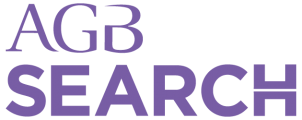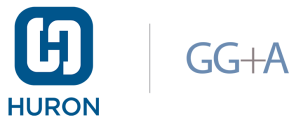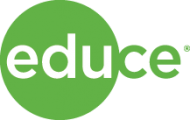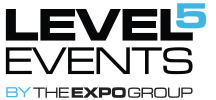
Summit for Leaders in Advancement
Join us at Summit for high-level discussions of the most relevant topics to you and your institution's success. Engage in a powerful exchange of ideas and prepare to position your institution for greatness for years to come.
Program
Key Speakers
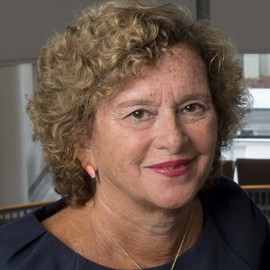
Monday, July 15
4:00–5:15
Key Session
Engines of Social Mobility: How Education Does—and Doesn't—Transform Communities
Nancy Cantor, Chancellor, Rutgers University Newark
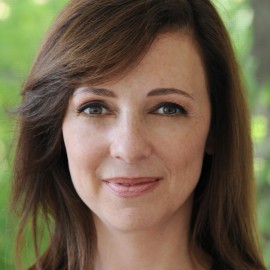
Tuesday, July 16
10:00–11:00
Key Session
A Quiet Revolution: Changing How We Work, Lead and Innovate
Susan Cain, Author of Quiet: The Power of Introverts in a World That Can't Stop Talking
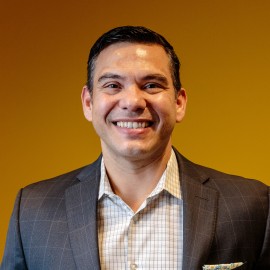
Monday, July 15
4:00–5:15
Key Session
Engines of Social Mobility: How Education Does—and Doesn't—Transform Communities
Will Del Pilar, Vice President of Higher Education Policy and Practice, The Education Trust
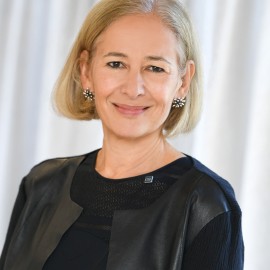
Tuesday, July 16
8:30–9:30
Key Session
Addressing the Public Perception of Higher Education: A Leadership Conversation
Moderator: Sue Cunningham, President & CEO, CASE
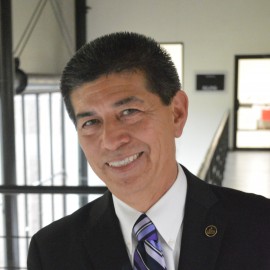
Tuesday, July 16
8:30–9:30
Key Session
Addressing the Public Perception of Higher Education: A Leadership Conversation
Fernando León-García, President, CETYS University System
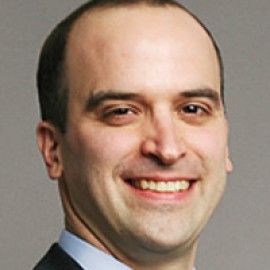
Monday, July 15
4:00–5:15
Key Session
Engines of Social Mobility: How Education Does—and Doesn't—Transform Communities
Moderator: David Leonhardt, Columnist, The New York Times
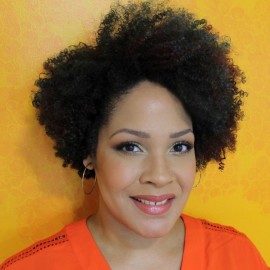
Sunday, July 14
3:00–4:00
Key Session
So You Want to Talk About Race: The Conversations We Aren't Having—But Need to Have— to Advance Our Institutions
Ijeoma Oluo, Writer, Speaker, Internet Yeller
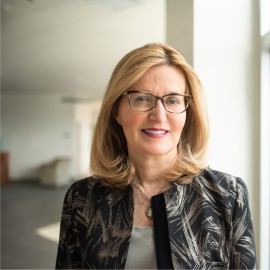
Tuesday, July 16
8:30–9:30
Key Session
Addressing the Public Perception of Higher Education: A Leadership Conversation
Carolyn Stefanco, President, The College of Saint Rose
Sunday, July 14
1:00–2:30
Key Session
The Cost of Missing Something
Tricia Wang, Co-Founder, Sudden Compass, and Global Tech Ethnographer
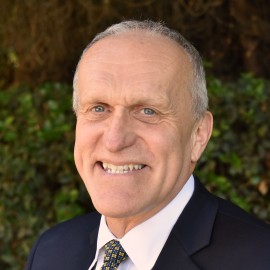
Monday, July 15
4:00–5:15
Key Session
Engines of Social Mobility: How Education Does—and Doesn't—Transform Communities
Kim Wilcox, Chancellor, University of California, Riverside
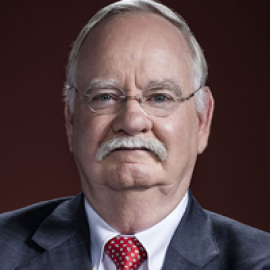
Tuesday, July 16
8:30–9:30
Key Session
Addressing the Public Perception of Higher Education: A Leadership Conversation
Robert A. Brown, President, Boston University
Register now to secure your spot!
Early Bird* by June 4, 2019
$1,575, Member
$2,100, Nonmember
Regular Conference Rate
$1,675, Member
$2,200, Nonmember
*Early bird ends June 4, 2019. Registration is online only. CASE accepts payment by check or credit card for conference registration fees.
Plus, register two or more from your institution at the same time online and receive a $50 discount each!
Registration is online only. CASE accepts payment by check or credit card for conference registration fees.
All prices shown are in U.S. Dollars. If your preferred currency is not USD, the fee will display in your preferred currency at the start of the registration process. CASE accepts USD, CAD, AUD, SGD, EUR & GBP.
The hotel rate is not included in your conference registration fee. You are responsible for making your own hotel reservation.
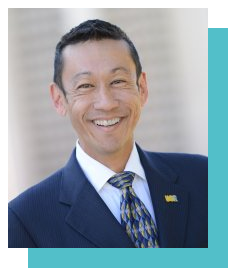
Conference Chair
Peter Hayashida
Vice Chancellor for University Advancement,
University of California, Riverside
Hotel & Travel
Discounted room rate
$249
Deadline for discounted room rate
June 17, 2019 or when sold out
You may still register for this event after the discounted hotel deadline has lapsed.

Gold Sponsors

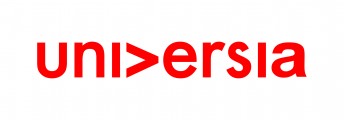
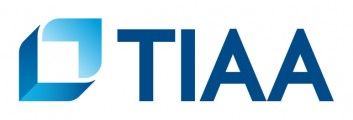
Bronze Sponsors
